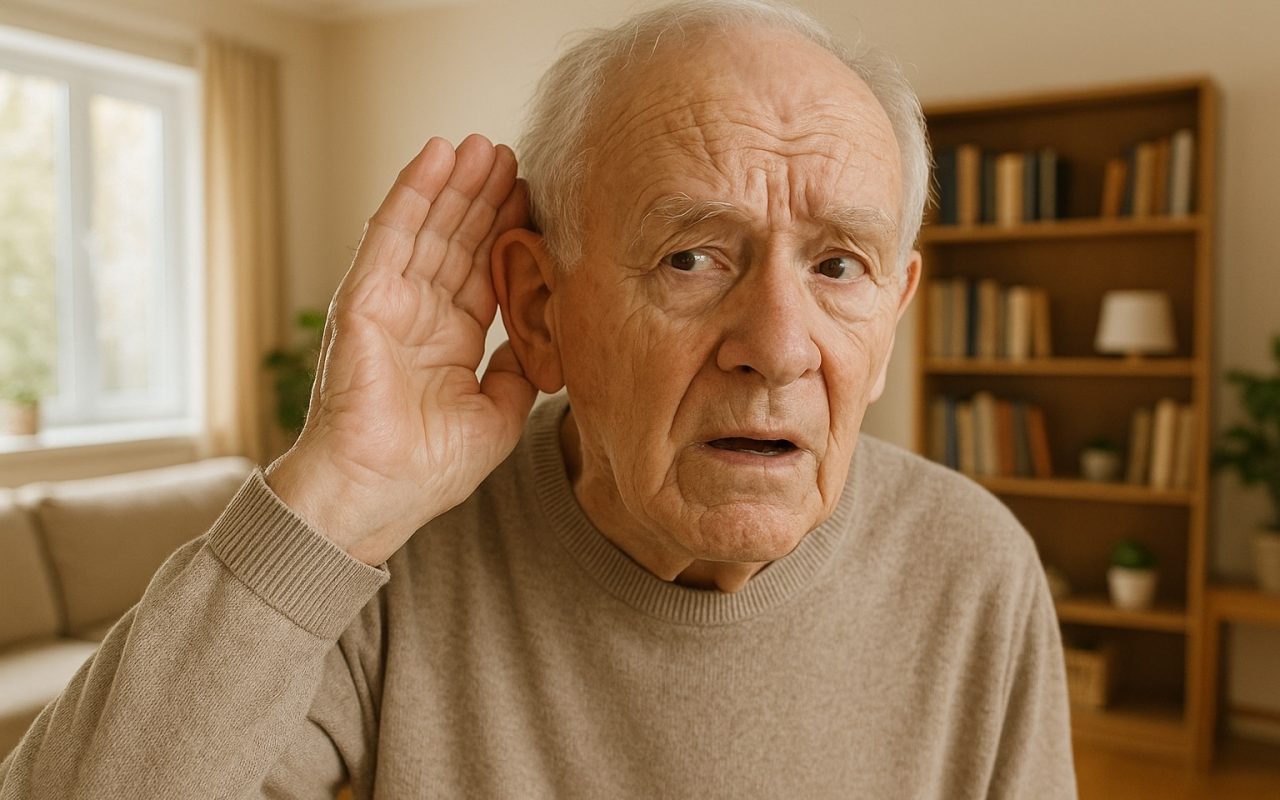Based on an article that originally appeared in Redbook.
Hearing loss can affect people of all ages, from infants to the elderly. It may occur suddenly or develop gradually over time. Recognizing the signs early and seeking professional evaluation can make a big difference in treatment outcomes.
Types of Hearing Loss:
- Conductive Hearing Loss – Occurs when sound is blocked in the outer or middle ear. Causes may include ear infections, fluid in the middle ear, earwax buildup, or problems with the ear canal.
- Sensorineural Hearing Loss – Results from damage to the inner ear or the nerve pathways from the ear to the brain. It is often permanent and caused by aging, noise exposure, or certain medical conditions.
- Mixed Hearing Loss – A combination of conductive and sensorineural hearing loss.
Signs of Hearing Loss:
- Difficulty understanding speech, especially in noisy environments
- Frequently asking others to repeat themselves
- Turning up the volume on the TV or radio
- Trouble hearing on the phone
- Avoiding social situations due to hearing difficulties
In children, hearing loss may present as:
- Delayed speech development
- Poor academic performance
- Lack of response to sounds or name being called
- Inattentiveness or behavioral issues
Causes of Hearing Loss:
- Ear infections
- Genetic factors
- Exposure to loud noises
- Certain medications
- Head injuries
- Birth complications or infections during pregnancy
Diagnosis and Treatment: A hearing test conducted by an audiologist or ENT specialist can determine the type and degree of hearing loss. Depending on the cause, treatment options may include:
- Medications for infections
- Earwax removal
- Hearing aids
- Cochlear implants
- Surgery
- Speech therapy
Early intervention is crucial, especially for children, to support language development and learning. For adults, addressing hearing loss can improve communication, reduce isolation, and enhance quality of life.
If you suspect hearing loss in yourself or a loved one, don’t wait. Schedule an appointment with a qualified hearing specialist for a comprehensive evaluation.




Comments are closed here.